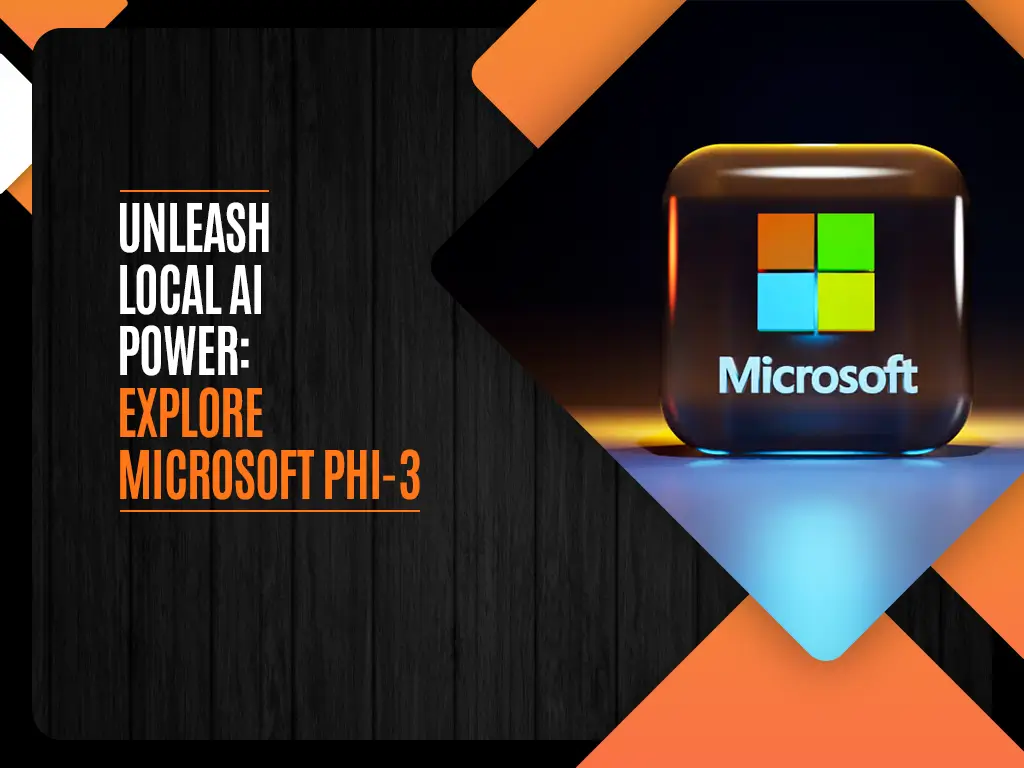Unleash Local AI Power: Explore Microsoft Phi-3

24th April, New Jersey: In a groundbreaking development, Microsoft Phi-3 has emerged as a testament to the remarkable capabilities of small-scale, locally operated AI language models. Demonstrating unprecedented efficiency, Phi-3 challenges conventional notions of AI model size and deployment methods.
Empowering Localized AI: Phi-3’s Impact
Phi-3 showcases the potential of compact AI language models, boasting impressive performance metrics despite its modest size. With a mere 100MB footprint, Phi-3 achieves remarkable results in natural language processing tasks, outperforming larger counterparts. This breakthrough underscores the viability of localized AI solutions, empowering businesses and communities with efficient, resource-friendly alternatives.
Revolutionizing AI Deployment: The Phi-3 Paradigm
Unlike traditional AI models reliant on centralized servers and extensive computational resources, Microsoft Phi-3 operates locally, minimizing latency and enhancing privacy. By leveraging edge computing capabilities, Phi-3 enables real-time processing of data, revolutionizing AI deployment in diverse settings. Whether in remote regions with limited connectivity or sensitive environments requiring data privacy, Phi-3 offers a scalable, accessible solution tailored to local needs.
Drawing from the principles of federated learning, Phi-3 exemplifies collaborative intelligence, harnessing the collective knowledge of decentralized networks. By distributing model training across multiple devices, Phi-3 facilitates continuous improvement while preserving data privacy. This distributed approach not only enhances model robustness but also fosters community engagement, empowering users to actively contribute to AI development.
Microsoft Phi-3: Pioneering Progress in AI Accessibility
Beyond its technical prowess, Phi-3 embodies Microsoft’s commitment to democratizing AI and bridging digital divides. With its lightweight design and localized operation, Phi-3 opens doors to AI adoption in regions lacking infrastructure and resources. From enabling offline language processing to supporting low-power devices, Phi-3 empowers diverse populations to leverage AI for education, healthcare, and economic development.
Microsoft’s Phi-3 is constantly improving, and its impact is felt across industries. Phi-3 prioritizes small, local AI models, making them more efficient, accessible, and ethical. This approach to AI development paves the way for wider access and a more inclusive future. Phi-3 acts as a guiding light, showing us how to create a more connected and equitable world powered by AI.
This news is sourced.

